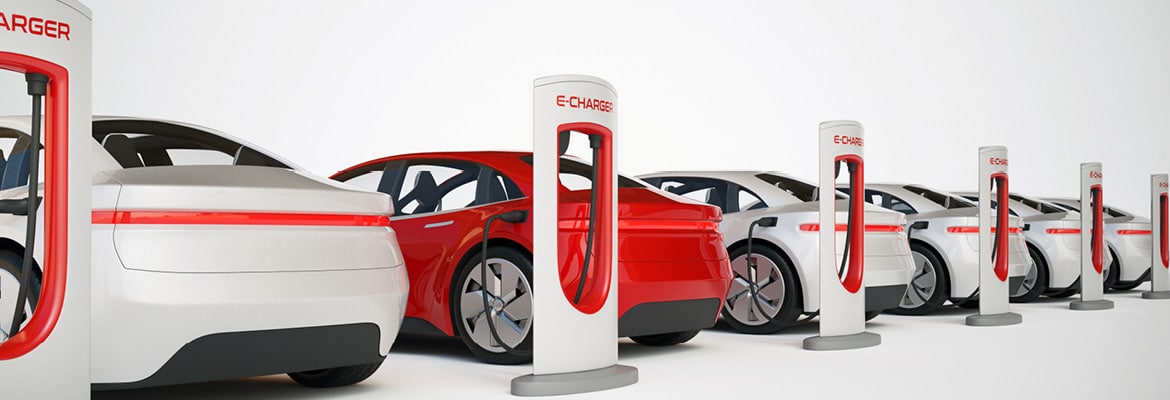Author(s)
Moving away from home to start college is an exciting milestone, but it can also be stressful for students and their families. One way to make college life easier is by having a car on campus. A car can provide convenience, freedom and the ability to explore the surrounding area. However, there are several important factors to consider before making this decision. Below are some helpful tips for moving your student to college with a car.
Should my student bring a car to college?
Before deciding to bring a car to college, assess whether it’s truly necessary. Start by considering the campus and city transportation options. Many universities offer extensive shuttle services, public transportation passes and bike-sharing programs. If the campus is well-connected with reliable transportation, a car might not be essential.
Evaluate the location of the campus in relation to necessities like grocery stores, pharmacies and other essential services. If these amenities are within walking or biking distance, your student may not need a car. Additionally, consider the proximity of the campus to your home. If the school is relatively close, it might be more convenient to have a car for weekend visits or holiday breaks.
Having a car can also facilitate easier commuting and more opportunities for off-campus activities, internships or jobs. If you decide that your student will benefit from having a car on campus, keep these tips in mind for a stress-free move:
Figure out parking ahead of time
Parking is a critical aspect to consider. Look for safe and accessible parking options near the campus or student housing. Some colleges have designated parking lots or garages for students, but it’s not a guarantee. Make sure you verify parking availability before your student’s move-in date.
Parking permits and fees can vary significantly from one institution to another. Find out how much it costs to park on campus and make sure it fits your student’s budget. Sometimes, off-campus parking options may be more affordable, but convenience and safety should also be considered.
Also, consider how the weather might affect parking options and the overall safety of the car. Covered parking or garages might be preferable in regions with harsh weather.
Update your car insurance
Confirm that the student is adequately covered under your existing policy. If the car is in the student’s name, make sure their insurance covers them in their new college town.
Some insurance providers offer discounts for students who maintain good grades or for cars that are driven less frequently. Discuss changes in location and usage with your insurance provider so there are no gaps in coverage.
Perform car maintenance
Before the big move, make sure the car is in optimal condition. Routine maintenance tasks like checking the tires, oil, brakes and battery can prevent unexpected issues and costly repairs. It’s a good idea to handle most of these maintenance tasks before your student leaves for college.
Before the school year begins, locate a reliable auto repair shop near campus. In case something goes wrong with the car, it’s good to have a go-to place for repairs and maintenance.
Prepare for the weather
Weather can significantly impact driving conditions and car maintenance needs. It’s important to plan accordingly if your student’s college is in an area prone to extreme weather conditions like storms and hurricanes.
Teach your student about safe driving practices in different weather conditions and make sure they know how elements like cold weather affects your car.
Consider shipping your car to campus
The final thing to consider is how you will get the car to campus. If your student is going to college nearby or just across state borders, then driving it there might be an easy solution. However, it gets more complicated if they are attending a college many miles away.
There are two options for getting a car to a distant location: driving it there yourself or having it delivered by a professional auto transporter. Each offers its own advantages and challenges, which we’ve highlighted below.
Driving the car yourself:
Pros:
- Can be cheaper than hiring a transport service
- Ability to pack the car with personal belongings, saving on shipping costs for other items
Cons:
- Risk of accidents, especially on long drives
- Depending on the distance, driving can be time-consuming and exhausting
- Adds many miles to the car, along with general wear and tear
- The cost of fuel, food and potential lodging along the way adds up
Hiring a transport company:
Pros:
- Provides peace of mind, knowing the car will be transported safely
- Often faster and more convenient, allowing your student to focus on settling in
- Avoids the challenges of driving in potentially adverse weather conditions
Cons:
- Can be more expensive than driving the car yourself
If you choose to ship your car, it’s important to be prepared and select an auto transporter that can meet your needs. Click the links below to learn more:
Shipping Your Car to Another State: Everything You Need to Know
Top Tips for Finding the Best Trucking Companies Near You

For more information on student auto transport services, you can check out Montway Auto Transport, which offers specialized services for students moving to college. With a nationwide network of over 30,000 carriers, Montway has earned its reputation as one of the nation’s top-rated auto transport companies.








